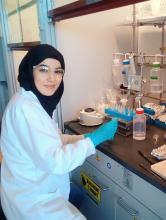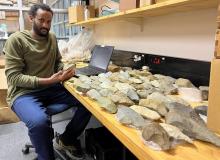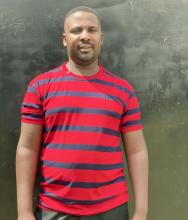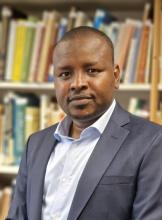Tsilavo is a palynologist with a strong interest in palaeoecology and archaeology. He holds a PhD in applied palaeoecology from the University of Cape Town, South Africa. His research is dedicated to unravelling long-term environmental changes in Southern Africa during the Quaternary period, with a particular focus on Madagascar and South Africa.
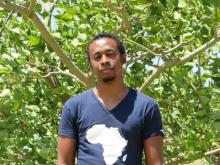
Tsilavo is currently conducting a postdoc with the Human Evolution Research Institute (HERI) at the Department of Geology, University of Cape Town. His project aims to understand vegetation dynamics and fire history and to assess their relationship with early humans in the Eastern Cape region during the Late Quaternary.
With the travel grant from the PAGES Inter-Africa Mobility Research Fellowship Program, Tsilavo plans to enhance his knowledge and skills in the identification and analysis of South African Quaternary pollen flora. He will visit the lab of Prof. Louis Scott and Dr. Andri van Aardt at the University of the Free State in Bloemfontein, a well-known Quaternary lab in South Africa with the richest and largest pollen reference collection for regional plants. This research visit aims to advance Tsilavo’s project, broaden his network with leading experts in Palaeoecology in South Africa, and strengthen collaboration within the African scientific community.
